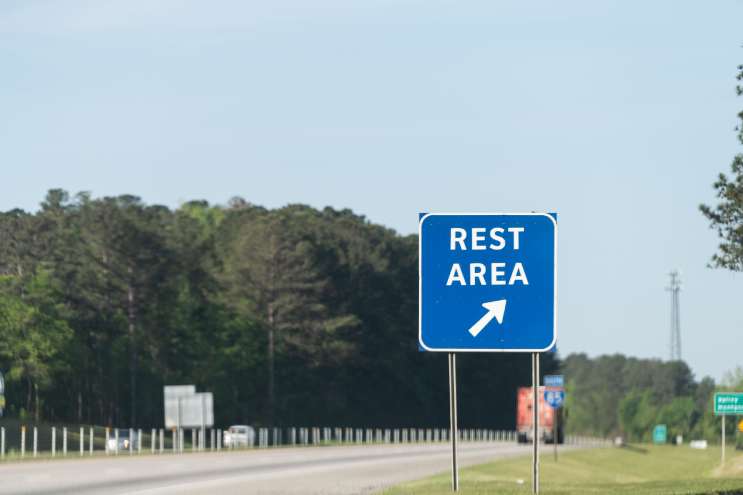The Province of Ontario made headlines throughout Canada in October of 2021 when a proposed law was announced to provide delivery drivers with access to washrooms at the businesses they service [1]. If passed, the law will allow truck drivers and couriers to use the bathrooms at the locations they visit.
The proposed legislation is being celebrated by trucking and labour organisations across the country. And it is certainly a fantastic step in the right direction in terms of improving driver working conditions.
But, the proposed law speaks to another issue: the limits of organisational accountability. Such a law would not be necessary if drivers had consistent access to washrooms at the locations they visit. The majority of these locations surely have washrooms for their staff; but drivers, since they are not staff, do not get washroom access at enough locations that this law is seen as necessary.
No Canadian business could operate for long if it failed to provide its workers with washrooms. It’s a silly thought to most people. But truck drivers often deal with a lack of access to facilities most people take for granted, and it appears their voices have been heard in Ontario.
My Experience
I spent several years working as an over-the-road flatbed truck driver. It was my experience that washroom access was inconsistent at the many shippers and receivers I visited. Sometimes, the facilities were inadequate; other times, they didn’t exist for drivers. For me, the worst was seeing signs stating something along the lines of “No Driver Bathrooms”; signs like that send the clear message that I was looked down upon by the organisation I was visiting.
I do need to pause now and add a disclaimer: my experiences with this issue varied dramatically from place to place. Some businesses were much better than others in their offerings, and some were truly outstanding in the services they offered to visiting drivers. Others lacked facilities because they were non-staffed storage yards and I was warned ahead of time. But for some parts of the industry, the bar is so low that bringing out a poorly-serviced porta-potty is considered a courtesy.
At one particular large shipper I visited, there was a computer malfunction that stopped all paperwork printing, resulting in the ceasing of all truck loading. By the time I arrived and left, what should have been a two hour event had ballooned into twenty-two hours. There were dozens of trucks delayed and staged on site and no services for any of us. While I appreciate the effort made by the workers present to fix the problem and get on with the loading, no attention was paid to the many people stuck waiting without access to food, water, or washrooms. I hope the incident resulted in some planning to address truck driver basic needs for future occurrences.
I didn’t come from a trucking family, so I didn’t know what to expect when I started in the industry. For me, the positives about being out on the road outweighed the negatives, but I understand why some, after seeing what they are expected to put up with at times, some people decide to move on and find another line of work. Trucking’s a great career choice, but poor and inconsistent driver treatment by shippers and receivers is a challenge for the industry.
Fortunately, I have never had such experiences at the carriers for which I have worked. All have provided me and the other drivers with decent facilities at their locations. I was one of them, though, and this leads me to the next section: how can respect and empathy be expanded beyond organisational lines?
The Line Between Us and Them
Respect, in the context of this article, is the basic due regard for the feelings of others that all people deserve on the basis of their humanity. Empathy is one person’s ability to understand the feelings of another person. These two concepts are of critical importance to organisations that are trying to establish a positive culture. They are also essential for positive interorganisational dealings.
Hypothetically, if I am a business leader with multiple people reporting to me, showing these people that I respect them is important to their desire to continue to work for me. I demonstrate my respect to others not only in how I speak to them but also in how I provide for them while they are at work. It is respectful for me to give my workers clean and comfortable facilities in which to do their work. To not provide adequate facilities and expect them to perform well would be disrespectful.
Respect can be established through empathy. If, for example, one of my workers were to come to me and complain of problems with their work environment, I could choose to be empathetic and truly try to understand their emotional state. Doing so would likely show me how important the issue is to them, and if I were then to take my understanding of their complaint and implement an adequate solution, this action would be a way for me to show them that I respect them enough to listen empathetically and take action to address their concerns.
Businesses today frequently do a great job providing their workers with decent and respectful working conditions. Managers may be trained in skills related to empathy and emotional intelligence, and laws prohibit workplace harassment and bullying. While the working world isn’t perfect, many people go through their work days enjoying what they do and enjoying the company of many of the people they work with.
But, Ontario’s proposed washroom access for delivery drivers law is an indicator that some businesses have not been respectful to those they do not consider part of their crew.
Truck drivers, when picking up or delivering products, are often at worksites where they are not employed. They work for their carrier, and the locations they visit rely on their services. This divide between being “one of our own” and “someone else’s worker” is probably enough for some organisations to exclude drivers from the list of people to whom they feel they owe any sort of obligations. And if drivers are believed to be outside of the circle of people deserving of respect and basic services, it is easier to deny them these services while still believing that the workplace culture is one of respect. It’s a subtle “us and them” dynamic that really sucks for those in the out group who, for work reasons, must be at the location.
Should Ontario’s proposed law become reality, some businesses in the Province will have to rethink their relationships with external service providers. Businesses that consider themselves good employers need only expand on their respectful treatment of their staff to all people who interact with the business. Doing so will be a powerful demonstration of their respect for their fellow humans; if they struggle in this, they need only tap into their empathy and decide if they want to be the type of organisation that denies basic human services to those they do business with.
Wrap Up
Clean washrooms, a pot of coffee, clean drinking water, and shelter: in my experience, shippers and receivers that provide these to all of their site visitors and not just their own workers are industry leaders. And with trucks and truck drivers being in high demand, offering such amenities isn’t just about showing respect to others. It’s good business practice.
People and organisations throughout Canada’s trucking industry are hard at work to ensure a healthy, sustainable driver workforce exists to keep Canada’s economy going. Those who ship via truck can help by providing the services drivers need at locations carriers can’t control. We are capable of showing respect to all – a respect that isn’t bound by organisational lines.
References
1 – “Ontario Improving Washroom Rights for Truck Drivers and Delivery Workers”, Queen’s Printer for Ontario, accessed November 7th, 2021, https://news.ontario.ca/en/release/1001006/ontario-improving-washroom-rights-for-truck-drivers-and-delivery-workers





Comments are closed